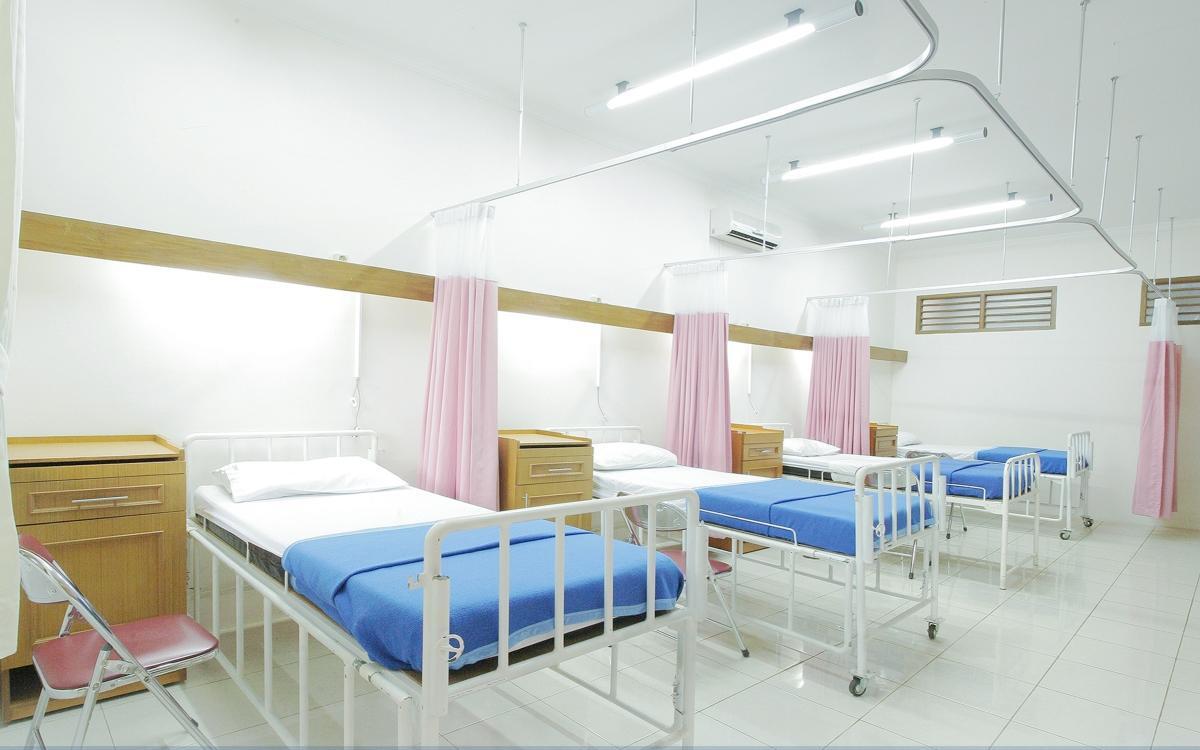Requesting DBS Checks for hospital staff is a vital part of the recruitment process, helping to ensure that the people who work in hospitals are suitable to do so.
But with the vast array of different roles in a hospital, it can be difficult to work out who should have which type of check.
This is something we often get asked about, so we’ve put together this blog to answer your questions about DBS Checks for hospital staff.
What types of DBS Check are available?
There are three different levels of DBS Check available – Basic, Standard and Enhanced:
- A Basic DBS Check will reveal any unspent convictions the applicant has
- A Standard DBS Check will reveal any spent or unspent convictions, cautions, reprimands or final warnings the applicant has
- An Enhanced DBS Check will reveal the same information as a Standard Check, as well as any relevant information held by the applicant’s local police force. It may also include a check of the adults’ and/or children’s barred list, if the applicant is eligible.
To be eligible for a Standard or Enhanced Check, the applicant needs to meet specific criteria. Basic Checks, on the other hand, are available to anybody aged 16 or over.
Enhanced DBS Checks for hospital staff
To be eligible for an Enhanced Check with a barred list check, the applicant must engage in regulated activity with adults and/or children as part of their role.
Providing healthcare, personal care and social work are all regulated activities, so any employees who carry out these activities in a hospital will be eligible for an Enhanced Check with a check of the barred lists.
Conveying patients to or from a place where they are receiving healthcare, personal care or social work is also a regulated activity, so any hospital employee who does this will be eligible for the same type of check.
You can see the full list of regulated activities in relation to adults here, and children here.
Standard DBS Checks for hospital staff
There are plenty of roles in hospitals that don’t involve providing healthcare or carrying out any other regulated activity – for example, maintenance, administration and catering roles.
To determine whether these employees are eligible for a Standard Check, we need to ascertain whether they have access to patients in receipt of healthcare.
For example, cleaners or catering staff who work in patient wards would be eligible for a Standard Check, as they have access to patients while they’re receiving care.
Employees who do not have access to patients in the course of their duties are not eligible for a Standard Check. For example, catering staff who work only in the hospital canteen would not be eligible, as any contact with patients would be considered incidental and not part of their role.
Hospital porters: Standard or Enhanced?
Hospital porters may be eligible for either a Standard or Enhanced check, depending on what or who they’re transporting.
If they transport equipment (and have access to patients), they’ll be eligible for a Standard Check.
However, if they transport patients themselves they’ll be eligible for an Enhanced Check, as they’ll be conveying the patients to and from places where they’re receiving care. As mentioned previously, this is a regulated activity.
Basic DBS Checks for hospital staff
Any hospital employees who aren’t eligible for Standard or Enhanced Checks – for example, administration staff who don’t have access to patients – can have a Basic DBS Check.
DBS Checks for hospital staff: Summing up
Safeguarding is hugely important in hospitals, so it’s vital to make sure every employee has the right level of DBS Check where necessary.
We hope our blog has answered your questions about DBS Checks for hospital staff, but if you’re still unsure you can use the NHS Employers DBS eligibility tool to see what sort of check a role is eligible for.
As always, feel free to get in touch with any questions or comments – we’re always happy to help.







